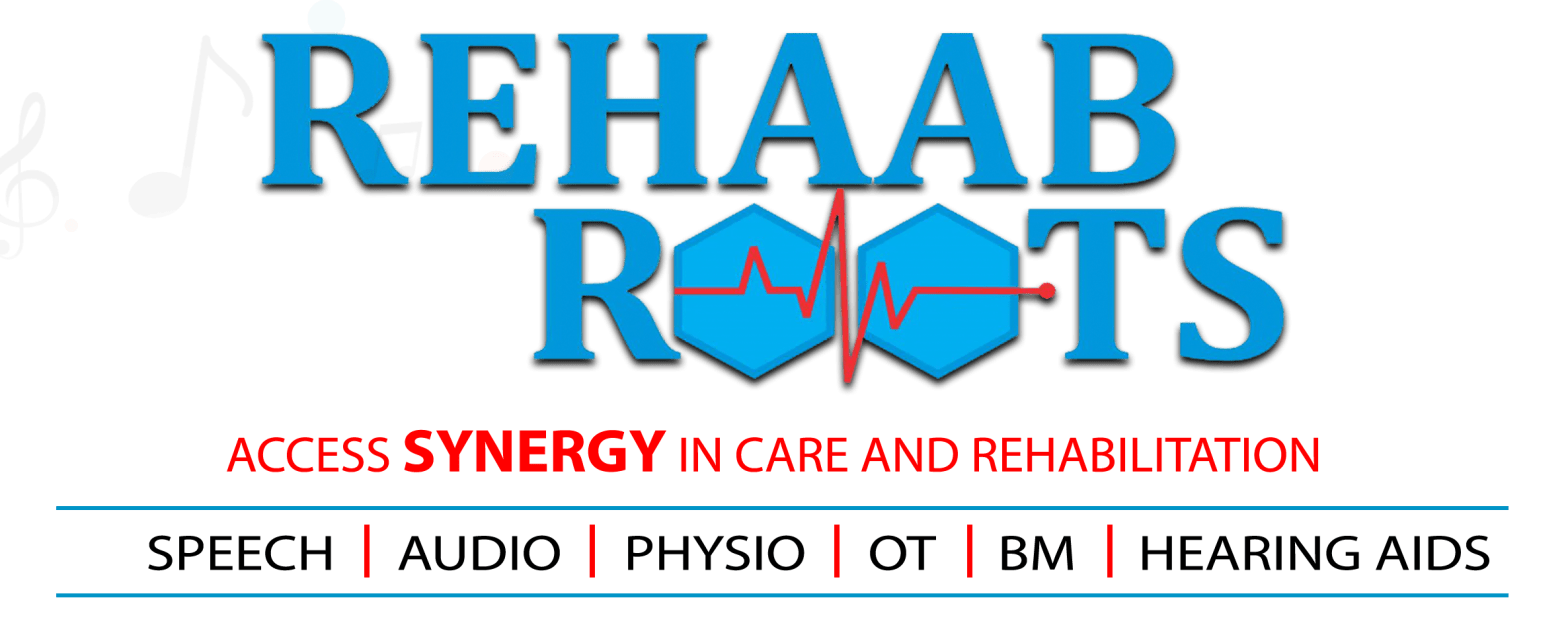Introduction
Every year on April 2, the world comes together to observe World Autism Awareness Day (WAAD), an initiative by the United Nations to spread awareness and foster inclusion for individuals with Autism Spectrum Disorder (ASD). The day serves as a global platform to educate, advocate, and support autistic individuals by promoting acceptance and understanding.
With millions of people worldwide affected by autism, it is crucial to break the stigma and ensure a more inclusive society. This blog explores the importance of Autism Awareness Day 2025, how you can participate, and ways to support autistic individuals effectively.
Recent Posts

What is Autism Spectrum Disorder (ASD)?
Autism Spectrum Disorder (ASD) is a neurological and developmental condition that affects communication, behavior, and social interactions. While each autistic person experiences the world uniquely, common characteristics include:
- Difficulty with verbal and non-verbal communication
- Repetitive behaviors and routines
- Sensory sensitivities (to sounds, lights, or textures)
- Unique strengths in memory, attention to detail, or creativity
Why is Autism Awareness Important?
- Helps reduce stigma and misinformation.
- Encourages early diagnosis and intervention.
- Promotes acceptance and inclusion in society.
- Supports autistic individuals and their families.
How to Support World Autism Awareness Day 2025
1. Participate in Awareness Campaigns 📢
Join organizations like Autism Speaks, the UN, and local autism foundations in their advocacy campaigns. Share educational resources, personal stories, and autism facts on social media using
2. Wear Blue for Autism Awareness
The color blue symbolizes autism awareness. Show support by wearing blue clothing, using blue-themed social media posts, or participating in #LightItUpBlue initiatives.
3. Educate Yourself and Others
- Read books and research studies about autism spectrum disorder.
- Attend autism awareness events or workshops.
- Share informative articles and videos to help others understand autism better.
4. Create an Autism-Friendly Environment
Encourage sensory-friendly workplaces, schools, and public spaces.
- Promote inclusive education and support services.
- Advocate for equal job opportunities for autistic individuals.
5. Support Autism Organizations
Consider donating to or volunteering with organizations that support autistic individuals and their families. Some well-known organizations include:
- Autism Speaks
- National Autistic Society
- Autism Society of America

Conclusion
World Autism Awareness Day 2025 is more than just a day—it’s a movement to create an inclusive and supportive society for autistic individuals. By raising awareness, breaking stigmas, and fostering acceptance, we can build a world where every individual, regardless of their abilities, feels valued and supported.
📢 Join the movement today! Wear blue, spread awareness, and take action for a more inclusive future.
FAQs on World Autism Awareness Day 2025
World Autism Awareness Day is observed to promote understanding, inclusion, and support for autistic individuals and their families.
You can participate by wearing blue, joining awareness events, supporting autism-friendly initiatives, and sharing information online.
Early signs include delayed speech, difficulty with social interactions, repetitive behaviors, and sensory sensitivities.
Be patient, listen, provide a structured environment, and respect their unique needs and strengths.
Yes, many countries offer educational, healthcare, and financial support programs for individuals with autism. Check local resources for specific programs.
